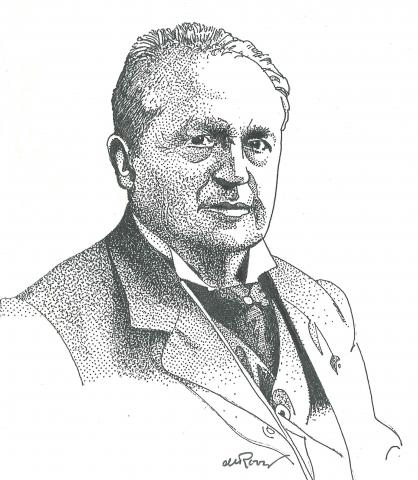A revised and updated version of
Abraham Kuyper: An Annotated Bibliography 1857-2010 by Tjitze Kuipers (2011)
You can buy a printed edition of this book on the site of the publisher.
1915
In this official speech Kuyper emphasizes the importance of Christianity to the care of the sick. He makes particular note of the care that, since 1886, had been expressed by the Reformed Churches in the Netherlands through the institution of the diaconate. Kuyper argues that contemporary medical science and especially nursing, though standing on what had already been achieved in the medical field in ancient times and subsequently under the influence of Islam, is much indebted to Christianity. When he praises the idea of assigning the most capable doctors rather than just picking Reformed doctors (who may have weaker medical or technical capabilities), Kuyper does underscore the significance of common grace in medical science. However, he also offers practical examples that indicate how the particular grace expressed through Christian medicine enhances the merciful attention, nursing, and care given to the patient as a whole person. At the end of his speech, he makes reference to a clinic near Dresden (see 1912.17) where he had “found rejuvenation and renewal of life.” He argues that hospitals should have many flowers and also, again making reference to his experience at a German clinic, female doctors.
The hospital Eudokia, a foundation of the Reformed diaconate in Rotterdam, began as a nursing home for the chronically ill in 1890 in a villa specifically purchased for that purpose named Welbehagen [Well-being = eudokia in Greek]. Kuyper had inaugurated the new Academic Hospital in Groningen with a speech he gave as minister of the interior on May 30, 1903.


